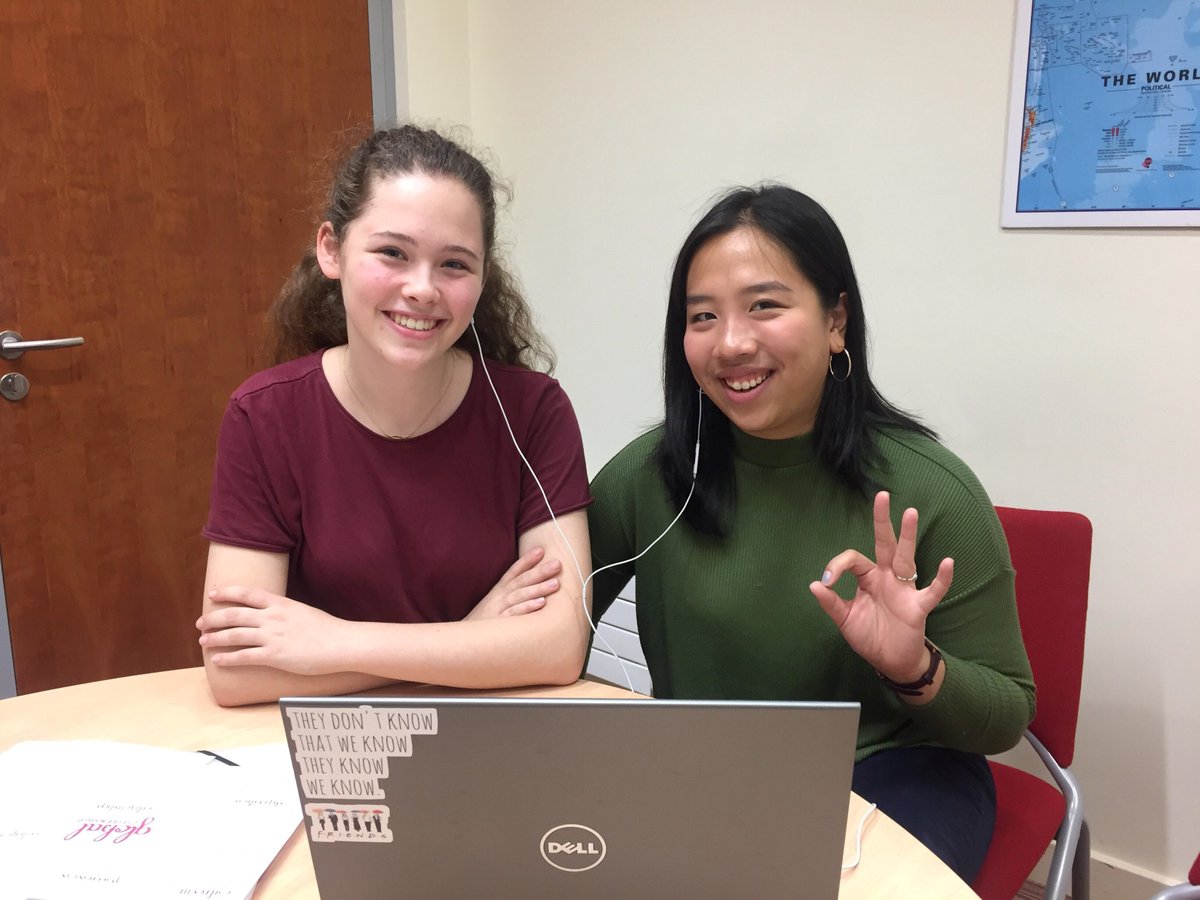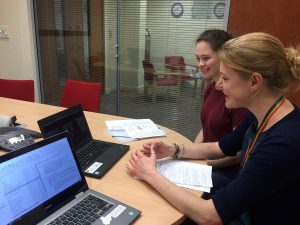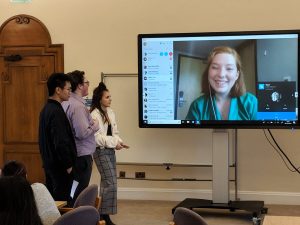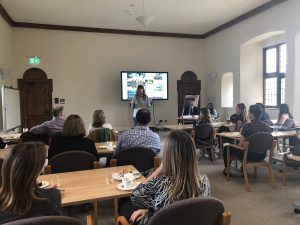The BISC (Bader International Study Centre) serves as the international campus of Queen’s University, Canada, based at Herstmonceux Castle in East Sussex, United Kingdom.
The BISC hosted its first conference entitled “Matariki in Action: Global Citizenship at the BISC” 9th-10th October 2018; exploring a diverse range of topics connected to the intersection of the social sciences and global citizenship. First Year students presented critical analyses and comparisons of competing perspectives of global development theories within a cross-cultural and interdisciplinary context.
The conference was opened by remarks from Lucy Turzynski, Head of Secretariat of the Matariki Network, Heather Kincaide, Associate Director, International, Office of the Associate Vice-Principal (International) at Queen’s University (Canada), and Beth Richan, Director of Interdisciplinary Studies, Global Health and Disability at BISC (Queen’s).
The focus of the conference was both ‘empowering learners’ and ‘creating spaces for dialogue’, which are two strands of the Matariki Global Citizenship Programme. Participants engaged critically with delegates from partner institutions to explore research outlining key factors that frame global citizenship across a variety of disciplines.
The conference utilised a number of different types of knowledge created by the presenters and shared these across a variety of formats, using a range of technologies and spaces. These included audio-visual material, spoken word, formal presentations and informal discussions. Matariki in Action was a trial to gauge what works when, where and how.
Barbara Holler, organiser of the conference, said the following: “At the BISC, we see engagement with complex realities and different perspectives as essential for fostering global citizens and thus at the core of Matariki in Action. This conference articulated a commitment to creating spaces – both virtual and physical, with functioning routines and practices – for dialogue, debate and collaboration across disciplinary, cultural and political boundaries; and for critical engagement with the local/global dimensions of our own assumptions and the roles of our universities in ‘partnering for a better world’. We recognise that our universities may lack such spaces, and need to investigate and experiment with the principles, structures, methods and routines needed to create them. The Matariki Network should seek collaborative possibilities, both within and between member universities, around creating such dialogue and spaces”.




